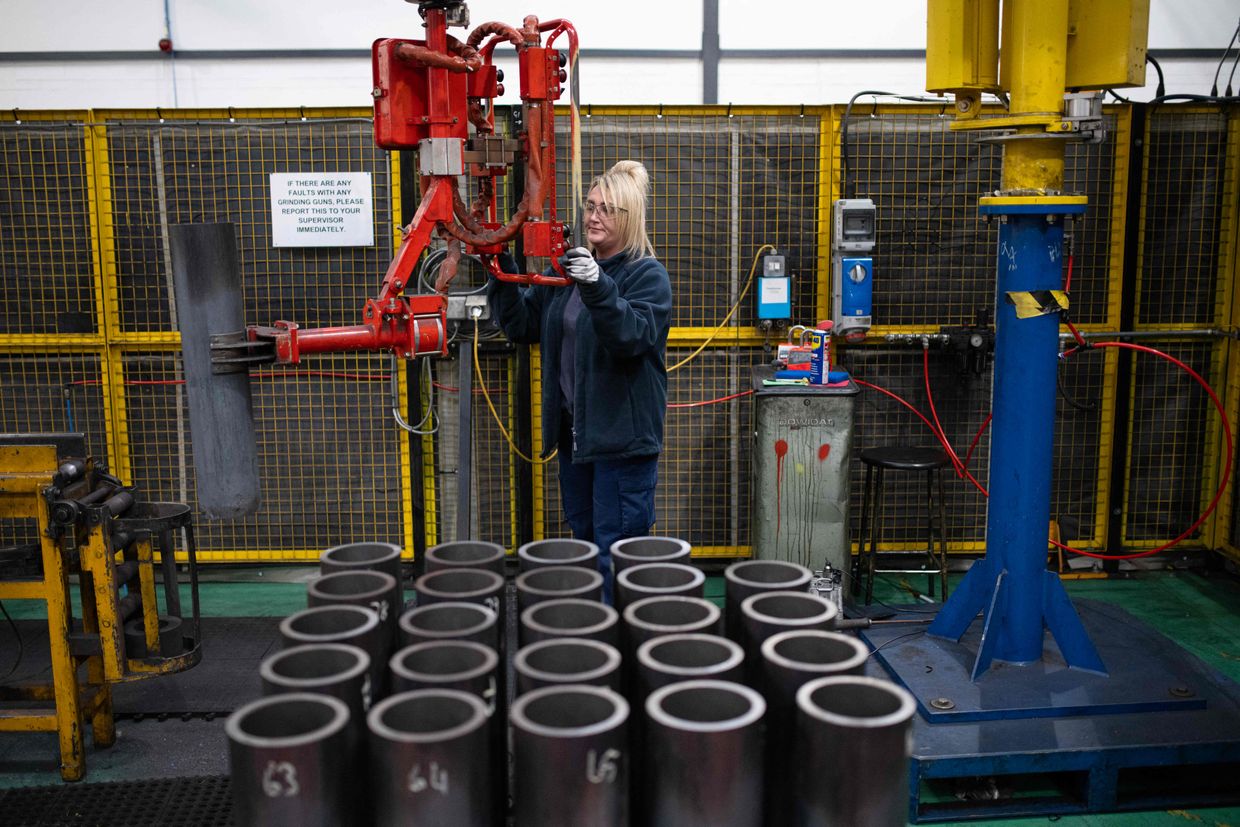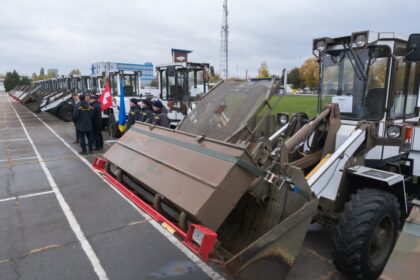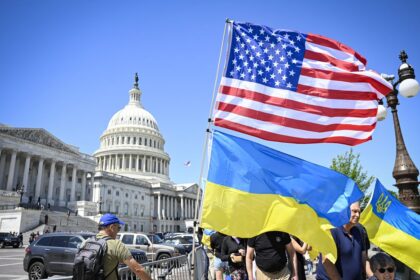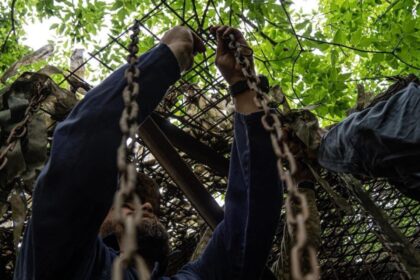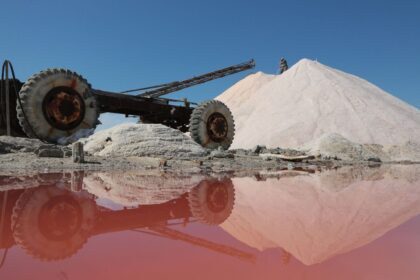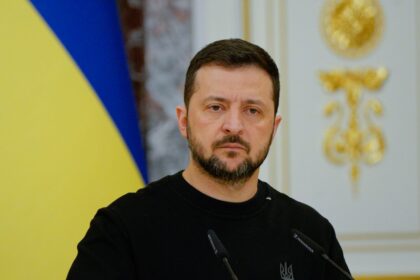**Western Ammunition Production in Crisis: Can a New Chemistry Save the Day?**
The world is facing a severe shortage of ammunition, thanks largely to Russia’s war in Ukraine. Despite years of claims that Western militaries were ramping up their weapons production, it turns out they were relying heavily on imported explosives and propellants from countries like China.
An executive at BAE Systems, the UK’s largest ammunition producer, acknowledged as much in a recent interview with the Kyiv Independent. “Defense, munitions – it’s all an insurance policy, isn’t it?” said Steve Cardew, director of business development and strategy for BAE Systems. The irony is that while Western countries have been scrambling to buy up or expand factory space, one major player is now taking a different approach.
**Reconfiguring the Supply Chain**
BAE Systems is rethinking its chemistry in order to break NATO’s dependence on imported explosive materials. Specifically, the company is looking to replace nitrocellulose, a key component of modern propellants used in ammunition ranging from 9 to 155 millimeters, with a new chemical process.
Nitrocellulose is derived from cotton linter, which is primarily produced by China. The dearth of this material has become glaringly apparent as Western militaries rush to produce more artillery and other munitions for Ukraine and elsewhere. “The cheapest way of doing it was relying on supply chains that were not in the U.K.,” Cardew explained.
**The BAE Advantage**
By developing its own chemical process, BAE Systems is poised to become a leader in Western ammunition production. The company’s UK branch has been working to create a new method for producing energetics, the raw materials needed for explosives and propellants, without relying on imported nitrocellulose.
This innovation could be a game-changer not just for BAE Systems but also for Ukraine, which has seen its ammunition stocks drained by Russia’s war. By producing more of their own ammunition, Ukrainians may no longer need to rely so heavily on Western imports.
**The Wider Implications**
The crisis in Western ammunition production is far from over. NATO members are still struggling to refill stockpiles and ensure a steady supply of armaments for Ukraine and other countries. The reconfiguration of the supply chain by BAE Systems highlights the urgent need for greater self-sufficiency in the West.
As Cardew noted, “The whole industry is going through this disruption period… That then provides the catalyst to really look at new technologies.” With a new chemistry on the horizon, it remains to be seen whether Western militaries can finally break free from their dependence on imported explosives and propellants.
**A New Era for Ammunition Production?**
BAE Systems’ decision to rethink its chemistry may prove to be a turning point in the history of ammunition production. As the world continues to grapple with the aftermath of Russia’s war, it is clear that Western militaries must find new ways to ensure a reliable supply of armaments.
The innovation being pursued by BAE Systems could well become the template for Ukraine and other countries to produce more explosives of their own, reducing their reliance on imported materials. This would be a significant step forward in terms of national security and military preparedness.
**Like any Technology – It’s a Race: UK’s Largest Ammo Maker Rebooting Chemistry to Break NATO’s Dependence on Explosive Imports**
Read More @ kyivindependent.com




